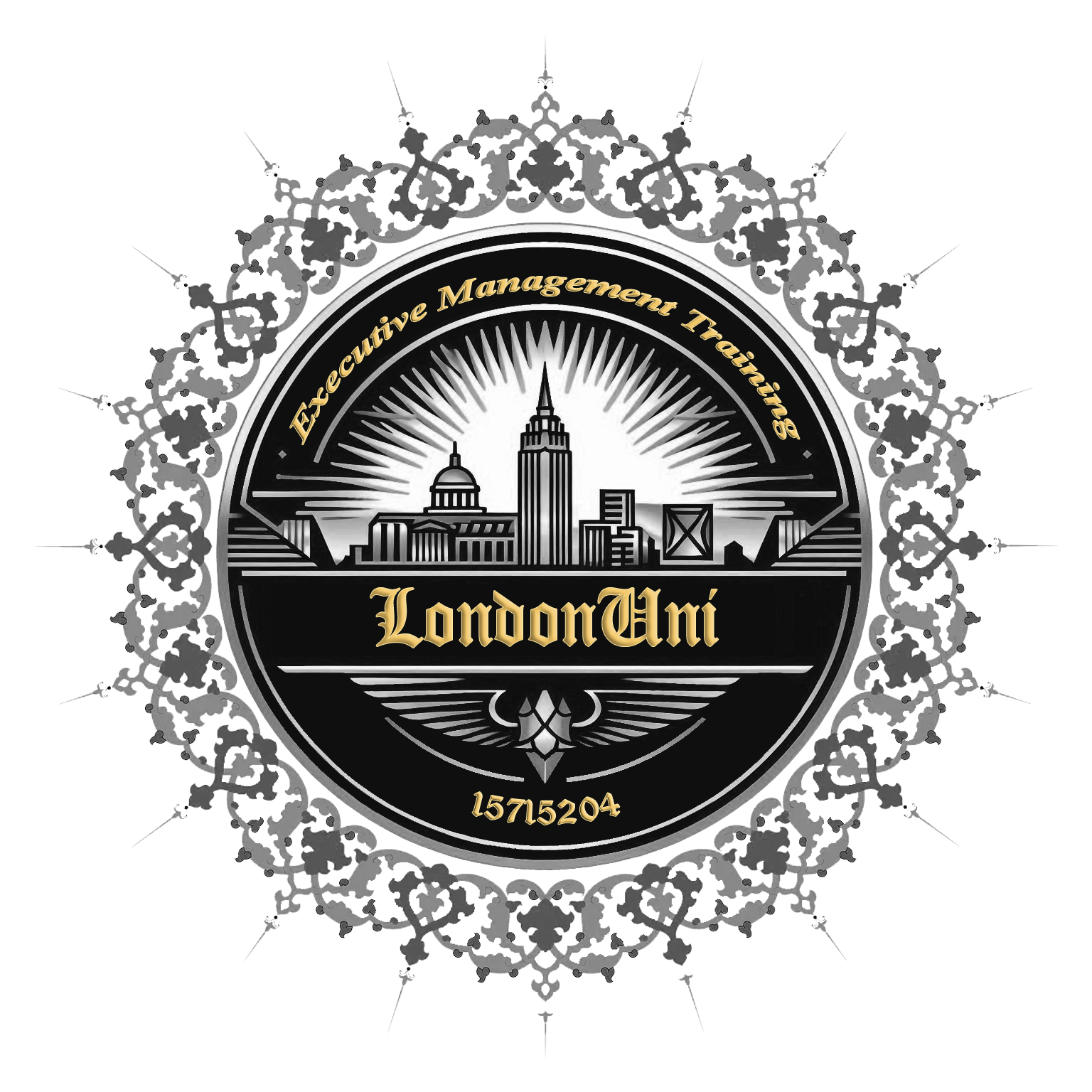Innovation has long been a cornerstone of progress, driving advancements in industries ranging from technology to healthcare. However, the ability to foster innovation is not innate—it requires a deliberate and strategic approach. This course delves into the methodologies and frameworks that enable individuals and organizations to harness creativity, overcome barriers, and implement sustainable growth strategies. For professionals navigating an increasingly competitive and dynamic business environment, mastering these skills is no longer optional but essential.
The challenges organizations face today are multifaceted, often stemming from gaps in leadership, process inefficiencies, or resistance to change. These challenges are compounded by the rapid pace of technological advancement and shifting consumer expectations. Drawing on established theories such as Clayton Christensen’s Disruptive Innovation and Peter Senge’s Learning Organization , this course addresses these gaps by equipping participants with tools to identify opportunities, manage risks, and align innovation efforts with organizational goals. By bridging theory and practice, participants will gain actionable insights into fostering a culture of continuous improvement.
Consider the case of Tesla, which revolutionized the automotive industry not only through its electric vehicles but also by reimagining supply chains and customer engagement models. Such success stories underscore the importance of aligning innovative practices with strategic vision. Yet, many organizations struggle to replicate similar outcomes due to a lack of structured approaches. This course bridges that divide by offering a comprehensive roadmap for designing and executing successful initiatives, ensuring they deliver both short-term wins and long-term value.
For individuals, the benefits of mastering innovation strategies extend beyond career advancement. Participants will develop critical thinking and problem-solving skills that enhance their adaptability and leadership capabilities. Organizations, meanwhile, stand to gain from improved operational efficiency, enhanced market positioning, and increased employee engagement. Research indicates that companies prioritizing innovation outperform their peers in revenue growth and profitability—a testament to the tangible impact of strategic innovation.
To ensure relevance and applicability, the course incorporates real-world examples and interactive exercises. Participants will explore how Amazon leveraged data analytics to drive product innovation or how Patagonia embedded sustainability into its core operations. These examples highlight the diverse applications of innovation strategies across sectors, reinforcing the universality of the principles taught. By engaging with these cases, participants will gain practical insights into overcoming common obstacles and scaling impactful solutions.
Ultimately, this course is designed to empower professionals to become catalysts for change within their organizations. Whether addressing internal inefficiencies, launching new products, or responding to external disruptions, participants will emerge equipped with the confidence and competence to drive meaningful transformation. The emphasis on sustainability ensures that innovations are not only effective but also responsible, aligning with global trends toward ethical business practices.




















































